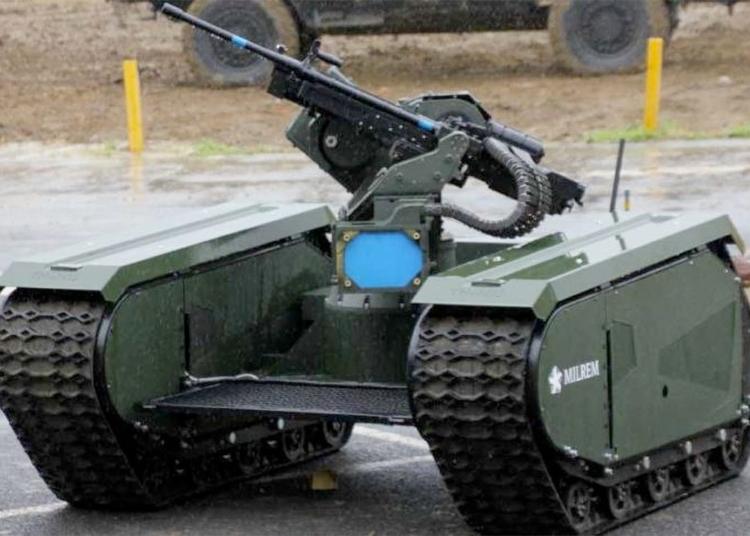The future of NATO is fraught with emerging security challenges that require adaptation and foresight. One of these challenges is the rise of regional powers such as China, Russia, and India, which are rapidly expanding their military capabilities and asserting their influence globally. NATO needs to reassess its objectives and cultivate partnerships beyond its traditional boundaries to address this shift. Another significant challenge is the growing threat of cyberattacks, as nations and non-state actors increasingly exploit cyberspace for malicious activities. NATO must enhance capabilities, share intelligence, and adopt proactive defense measures to address this threat. Terrorism, hybrid warfare tactics, military modernization, and climate change are also significant challenges that NATO needs to address through strategies that integrate different tools and collaborations with member states and international partners. By evolving its strategies, strengthening partnerships, and investing in cutting-edge technology, NATO can navigate the unpredictable international security environment and continue to ensure global stability.
The Future of NATO: Anticipating Emerging Security Challenges
Introduction
The North Atlantic Treaty Organization (NATO) has been a cornerstone of Western security for over seven decades. Since its establishment in 1949, NATO has played a vital role in maintaining peace and stability in Europe and North America. However, in an ever-changing global landscape, the alliance faces new and emerging security challenges that require adaptation and foresight. This article examines the future of NATO and highlights the key security challenges it is likely to face in the coming years.
Rising Regional Powers
One of the major security challenges for NATO in the future will be the rise of regional powers. Countries such as China, Russia, and India are rapidly expanding their military capabilities and asserting their influence on the global stage. As these regional powers become more assertive, NATO needs to reassess its strategic objectives and cultivate partnerships beyond its traditional boundaries. This requires a shift in focus from solely Euro-Atlantic security to a more global approach.
Cybersecurity Threats
Another significant security challenge for NATO is the growing threat of cyberattacks. In this digital age, nations and non-state actors are increasingly leveraging cyberspace to conduct malicious activities. From hacking and data breaches to cyber warfare, the nature of conflicts is evolving, creating new vulnerabilities for NATO member states. Addressing cybersecurity threats will require enhancing capabilities, sharing intelligence, and adopting proactive defense measures.
Terrorism and Hybrid Warfare
Terrorism remains a significant threat to global security, and NATO has been actively involved in combating it for years. However, as terrorist organizations adapt to changing circumstances and engage in hybrid warfare tactics, NATO must remain agile in its response. The alliance needs to strengthen cooperation with non-member states affected by terrorism and develop strategies that integrate diplomatic, military, and economic tools to combat evolving threats effectively.
Military Modernization
Maintaining a credible and effective military force is essential for NATO’s future. As technology advances, NATO must keep pace with military modernization to ensure its deterrent capabilities. From investing in new weapons systems to improving interoperability among member states, continuous adaptation and investment in cutting-edge technology are critical to counter emerging security challenges.
Climate Change and Resource Scarcity
Climate change and resource scarcity are becoming increasingly important security issues. Rising sea levels, extreme weather events, and resource competition are predicted to impact regions worldwide, potentially leading to social and political unrest. NATO must recognize climate change as a security challenge and collaborate with member states and international partners to develop resilience strategies and mitigate the risks associated with environmental change.
Conclusion
The future of NATO will undoubtedly bring about new and complex security challenges. From the rise of regional powers to cybersecurity threats and climate change, the alliance must adapt and anticipate these emerging challenges to preserve peace and security. NATO’s ability to evolve its strategies, strengthen partnerships, and invest in modern capabilities will determine its success in navigating the unpredictable and volatile international security environment. By keeping a proactive approach and fostering a spirit of cooperation, NATO can continue to play a vital role in ensuring global stability in the years to come.













